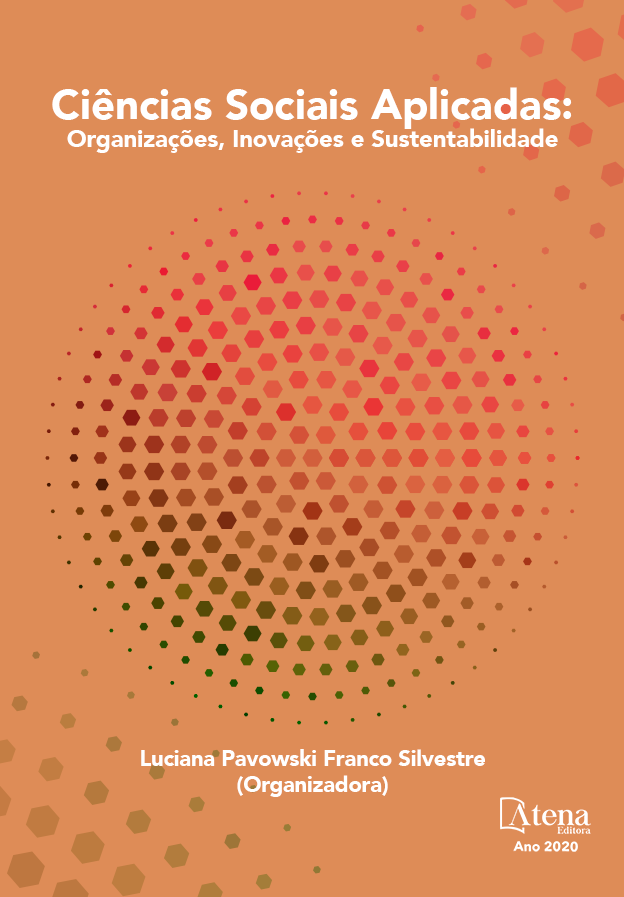
MÃES NO CÁRCERE: UMA ANÁLISE ACERCA DO HABEAS CORPUS 143.641.
No dia 20 de fevereiro de 2018, foi julgado pela segunda turma do STF (Supremo Tribunal Federal) o Habeas Corpus n° 143.641, do qual determinou, em caráter coletivo, a conversão da prisão cautelar, pela domiciliar, em favor de todas as mulheres gestantes, puérperas ou que fossem mães de crianças ou dependentes. Tal decisão buscou dar efetividade ao previsto no art. 318, IV e V do código penal, assim como ao art. 117 da Lei de Execução Penal. O julgado pode ser considerado como um marco histórico, visto a crise perpassada pelo sistema carcerário feminino nos últimos ano, seja em sua estrutura física ou no campo formal, onde a quebra de direitos já sedimentados por lei são demasiados. Objetivos: Averiguar as consequências fáticas resultantes do novo entendimento, verificando o seu cumprimento pelo poder judiciário. Metodologia: a pesquisa foi desenvolvida através do método qualitativo de caráter exploratório, do qual fez-se uma análise de dados e levantamento bibliográfico. Resultados: uma pesquisa realizada em 2017 pelo INFOPEN (Levantamento Nacional de Informações Penitenciárias) concluiu que, no Brasil, cerca de 74% das mulheres possuem pelo menos um filho, dentre elas, aproximadamente, 350 estão em fase de amamentação e 536 estão gestantes. Entretanto, mesmo os números sendo abrangentes, poucas são as detentas respaldadas pelo Habeas Corpus coletivo, vez que, os juízes e tribunais têm demonstrado uma resistência quanto a sua aplicabilidade. O Estado do Mato Grosso do Sul, é um exemplo, pois, das 448 presas, apenas 68 foram beneficiadas (COELHO, 2018). Desse modo, vê-se a continuidade na submissão das mulheres destinatárias dessa decisão em conviver em um ambiente nocivo, com seus direitos negligenciados, em razão do encarceramento massa.
MÃES NO CÁRCERE: UMA ANÁLISE ACERCA DO HABEAS CORPUS 143.641.
-
DOI: 10.22533/at.ed.56320171112
-
Palavras-chave: Cárcere feminino, Habeas Corpus, prisão domiciliar
-
Keywords: Female prison, Habeas Corpus, House arrest
-
Abstract:
On February 20, 2018, Habeas Corpus No. 143,641 was judged by the second class of the Supreme Court (Supreme Federal Court), which determined, collectively, the replacement of the precautionary prison by the home, in favor of all women who are pregnant, who have recently given birth or who are mothers of children or dependents. This decision sought to give effectiveness to the provisions of art. 318, IV and V of the penal code, as well as art. 117 of the Criminal Execution Law. The judgment can be considered as a historic landmark, given the crisis that has been pervasive by the female prison system in recent years, either in its physical structure or in the formal field, where the breach of rights already established by law is too many. Objectives: To investigate the factual consequences resulting from the new understanding, verifying its compliance by the judiciary. Methodology: the research was developed through an exploratory qualitative method, from which a data analysis and bibliographic survey was carried out. Results: a research carried out in 2017 by INFOPEN (National Survey of Penitentiary Information) concluded that, in Brazil, about 74% of women has at least one child, among them, approximately 350 are breastfeeding and 536 are pregnant, however, even though the numbers are comprehensive, few are supported by the collective Habeas Corpus, since, the judges and courts have shown resistance to its applicability. The State of Mato Grosso do Sul is an example, because of the 448 inmates, only 68 were benefited. In this way, we see the continuity in the submission of women who are the recipients of this decision to live in a harmful environment, with their rights neglected, due to the mass incarceration.
-
Número de páginas: 3
- Letícia Francielly Farias Ferreira
- Mayara Toledo da Silva
- Lorena Monteiro Silva


